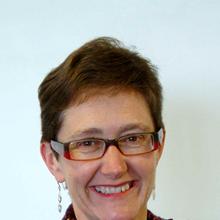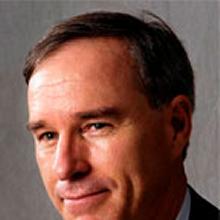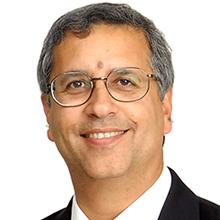Early growth of British children to be investigated in new study
The MRC Environmental Epidemiology Unit at the University of Southampton is to carry out a unique study of pre- and post-natal influences on the early growth of British children.
The British Heart Foundation is investing over half a million pounds into the study, which will focus on children born to women who have taken part in the Southampton Women's Survey (SWS), a major project that has been running for the past five years.
Between April 1998 and October 2002, SWS nurses visited 12,500 Southampton women aged 20 to 34 years who were not pregnant at the time. Each woman was interviewed for about an hour and a half about her diet, lifestyle, health and social circumstances. About 70 per cent of the women then subsequently provided a blood and urine sample for the Survey.
Since being interviewed, nearly 2,000 women have become pregnant and are taking part in the follow-up studies that are part of the Survey. The women visit the Princess Anne Hospital three times during pregnancy for detailed ultrasound scans and the babies are measured at birth.
Previous work from the MRC Unit and elsewhere has shown that poor growth of the fetus in the womb leads to greater risk of major illnesses in later life such as heart disease and diabetes. More recently, it has been found that small babies who do not grow well in infancy and childhood are at the greatest risk.
The researchers in the new study hope to find out what determines how well a child grows. The children are already being visited at six months of age, but the new funds will allow the researchers to see 2,000 children at 12, 24 and 36 months as well. At each stage nurses will visit the child at home and take detailed body measurements as well as ask the mother questions about many influences on growth such as the child's diet, sleeping patterns and illnesses.
The grant has been awarded to Dr Hazel Inskip, Dr Keith Godfrey, Dr Catherine Law, Professor Cyrus Cooper, and Professor David Barker. "We are delighted to be able to follow-up the children born to women who took part in the Southampton Women's Survey," said Hazel Inskip, "and are very grateful to the British Heart Foundation for providing the funds to do this work.
"Nowhere in the Western world are there data on children from before conception through to childhood, and the data we collect will help us work out ways to improve children's growth and development. The SWS women and their children are very special to us; they have given up large amounts of their time to help our work. Children of the future will benefit from their involvement in the Survey, and we are all grateful to them."
Professor Sir Charles George, Medical Director at the British Heart Foundation, says: "There is increasing evidence that the seeds for coronary heart disease are planted in early life. I look forward to the results of this study that will help us understand more about childhood development and heart disease in later life."
Related Staff Member
Related Staff Member
Related Staff Member
Notes for editors
- The Southampton Women's Survey forms a major strand of work being undertaken by the University of Southampton's Centre for the Fetal Origins of Adult Disease. The University is currently undertaking a fundraising programme to raise money for a new building for the Centre which will bring together many scientists and help advance this area of medical research.
- The University of Southampton is a leading UK teaching and research institution with a global reputation for leading-edge research and scholarship. The University, which celebrated its Golden Jubilee in 2002, has 20,000 students and over 4,500 staff and plays an important role in the City of Southampton. Its annual turnover is in the region of £235 million.
- The British Heart Foundation plays an important role in funding medical research. It also funds education, both of the public and of health professionals, and in providing life-saving cardiac equipment and support for rehabilitation and patient care.


